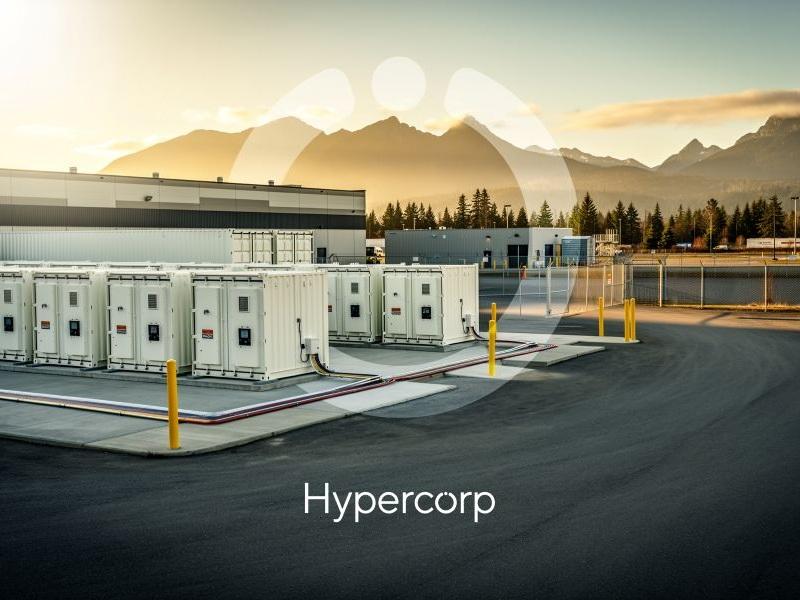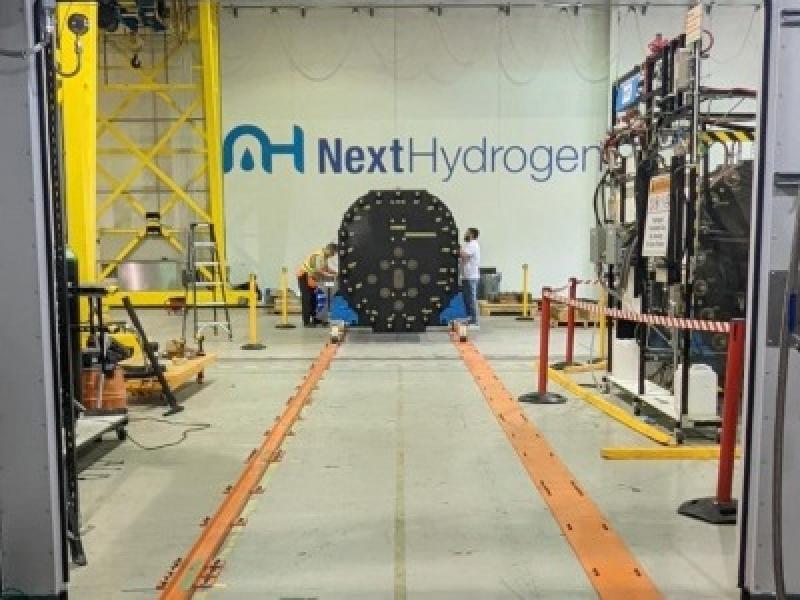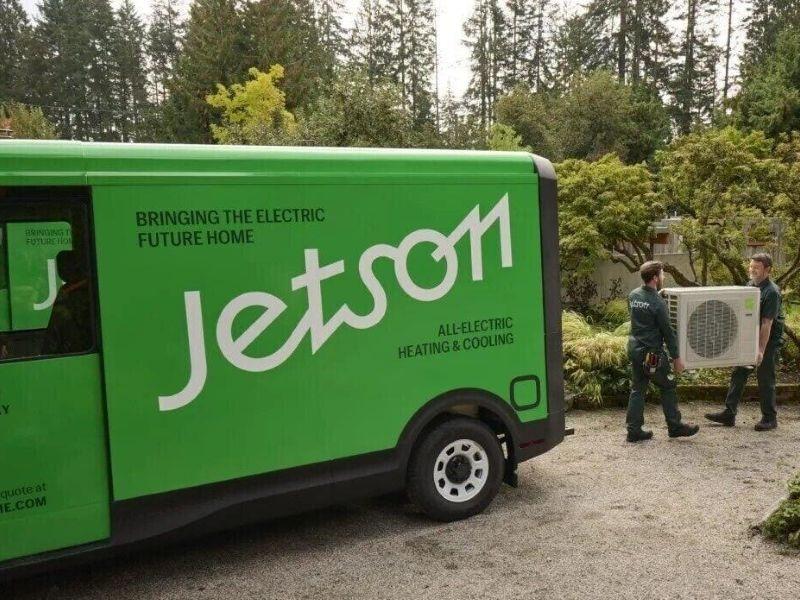
As the surge in sustainability reporting requirements continues to impact more industries, companies are being required to track not just their direct impact, but the downstream effects of their operations as well. Ottawa-headquartered Assent is a player in this emerging sector.
Assent's primary offering is software that enables manufacturers to track for sustainability and regulatory compliance from their suppliers. Metrics include use of hazardous materials, human rights and Scope 3 greenhouse gas emissions.
For global manufacturers, keeping track of global reporting and regulatory regimes can be “overwhelming” Cally Edgren, vice-president of sustainability at Assent, told Sustainable Biz Canada in an interview. Assent looks to ease these burdens, educate customers about upcoming laws, and improve their performance.
Depending on the industry, over 90 per cent of environment impact can come from the supply chain, she said, so it is “very important for manufacturers to understand exactly what their suppliers doing today, what types of improvements are they needing in these emerging regulations that are coming out.”
Of importance to Assent as of late is per- and polyfluoroalkyl substances (PFAS), increasingly regulated industrial chemicals due to suspected health impacts.
Measuring ESG in the supply chain
As explained by Edgren, the Assent Supply Chain Sustainability Platform automates data collection for its manufacturing clients. By choosing the topics they are focused on and identifying their suppliers and parts they buy, users can tailor the service for their needs.
The platform then contacts suppliers and asks questions on the topics, such as their supply chain greenhouse emissions or whether they can prove they avoid forced labour or certain substances like lead.
The suppliers enter the data into a portal or input a bill of materials, where the Assent client can see the responses. The output can answer whether or not the requested substances are present, or if certain human rights standards are being met.
Users of Assent’s software-as-a-service are often manufacturers in sectors such as electronics, medical equipment, aerospace and industrial equipment. Customers include Boeing, General Electric, Volkswagen and Johnson & Johnson. The company operates globally, recognizing its international clientele.
One of those customers, metals processor Joseph T. Ryerson & Son, Inc., uses the platform to help it address an array of new reporting requirements and restrictions for PFAS.
Accommodating PFAS
Though not quite a household name, PFAS are a family of chemicals used as lubricants and repellents in sunscreen, non-stick cookware, food packaging, textiles and cosmetics, according to Health Canada. Research has raised potential concerns over their negative impacts on health and the environment, more worrisome given their ubiquity.
“They’re irreplaceable, there really haven’t been suitable replacements found for them that can perform in the same way,” Edgren said.
If they cannot be used by some firms, it is a huge impact on the design of products. One customer cut warranties in half because of upcoming PFAS regulations, she noted.
Regulators are beginning to introduce controls around these chemicals, she noted, such as the Canadian government intending to designate PFAS as a toxic substance under the Canadian Environmental Protection Act.
With Canadian manufacturers and importers having to account for over 300 kinds of PFAS by January 2025, it is becoming the No. 1 question for Assent’s customers, Edgren observed. As PFAS are difficult to test, the only way to track PFAS is by getting data from companies' supply chains, she added.
“We’ll help them understand where the PFAS are in the materials that they are purchasing. We will help them understand exactly which PFAS and at what levels the PFAS are present.”
Over 200 clients are using Assent for PFAS to track data such as where the PFAS is in the purchased materials, the levels of PFAS, or to document if they have no PFAS. From over 1.5 million supplier declarations received by Assent, 2.5 per cent have reported PFAS.
How Assent has helped manufacturers
In case studies, Assent says it has led to improved outcomes. Assent reviews the supplier data and sends suggestions for improvement.
Gaming gear manufacturer Corsair Gaming Inc. says it received a 92 per cent response rate from its suppliers on conflict minerals, and 85 per cent across all ESG topics in three months. Joseph T. Ryerson & Son used Assent’s offering to implement its supply chain sustainability management platform, speeding up the process.
Assent is seeing its customer base grow, Edgren said, as more manufacturers take sustainable and ethical sourcing more seriously due to regulations.
“Our business continues to grow because more and more companies are looking for solutions in this regard.”










